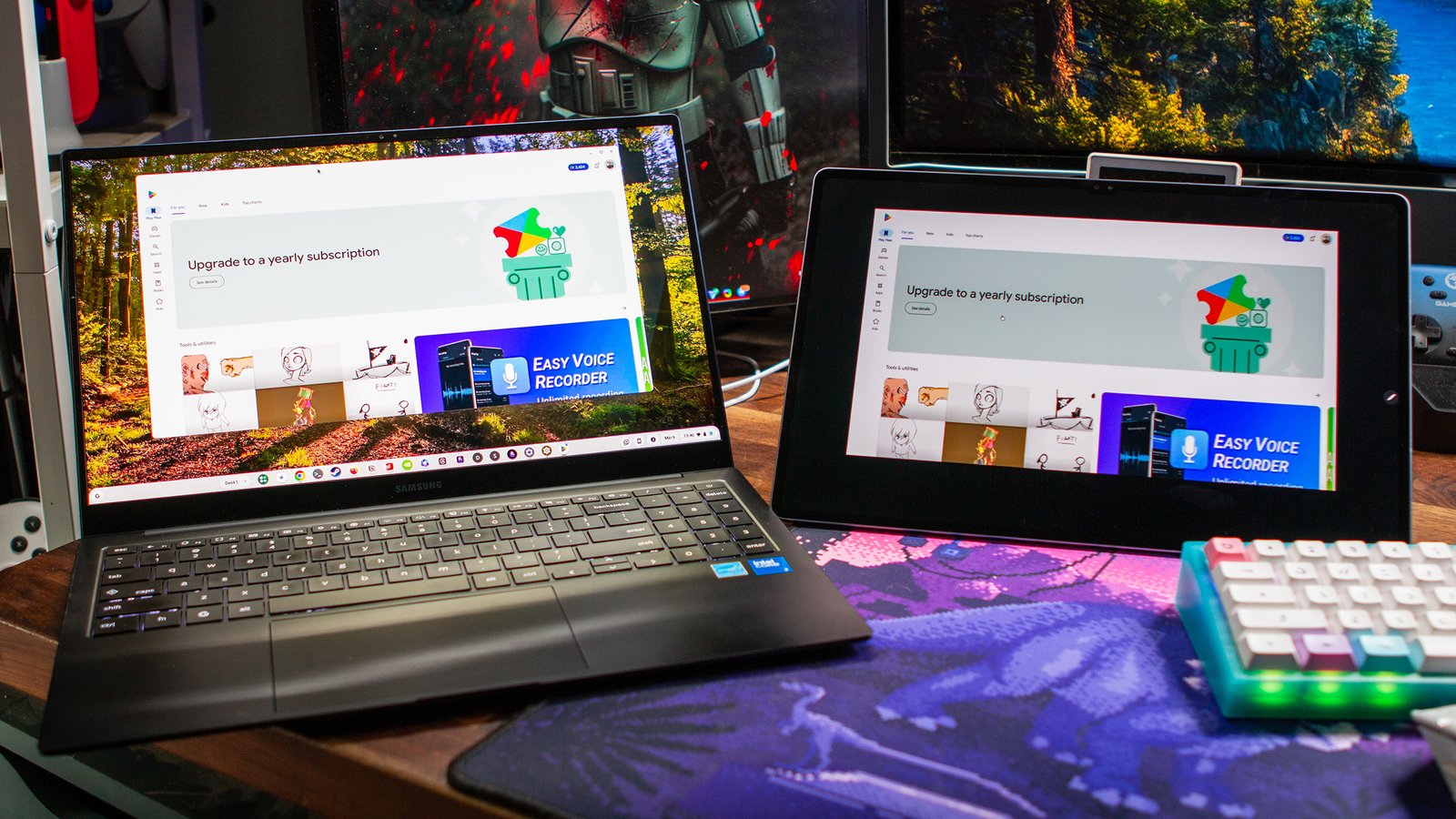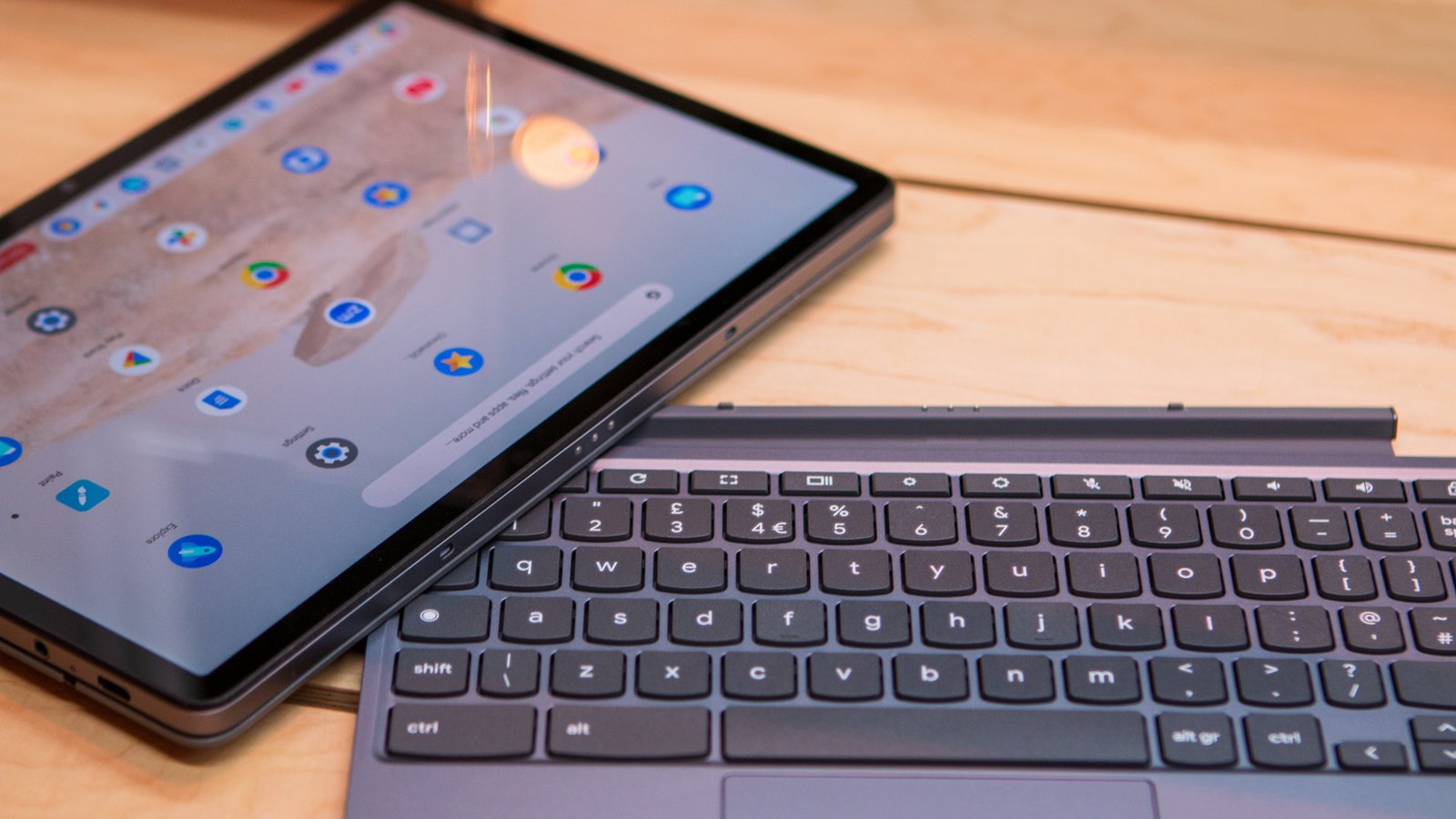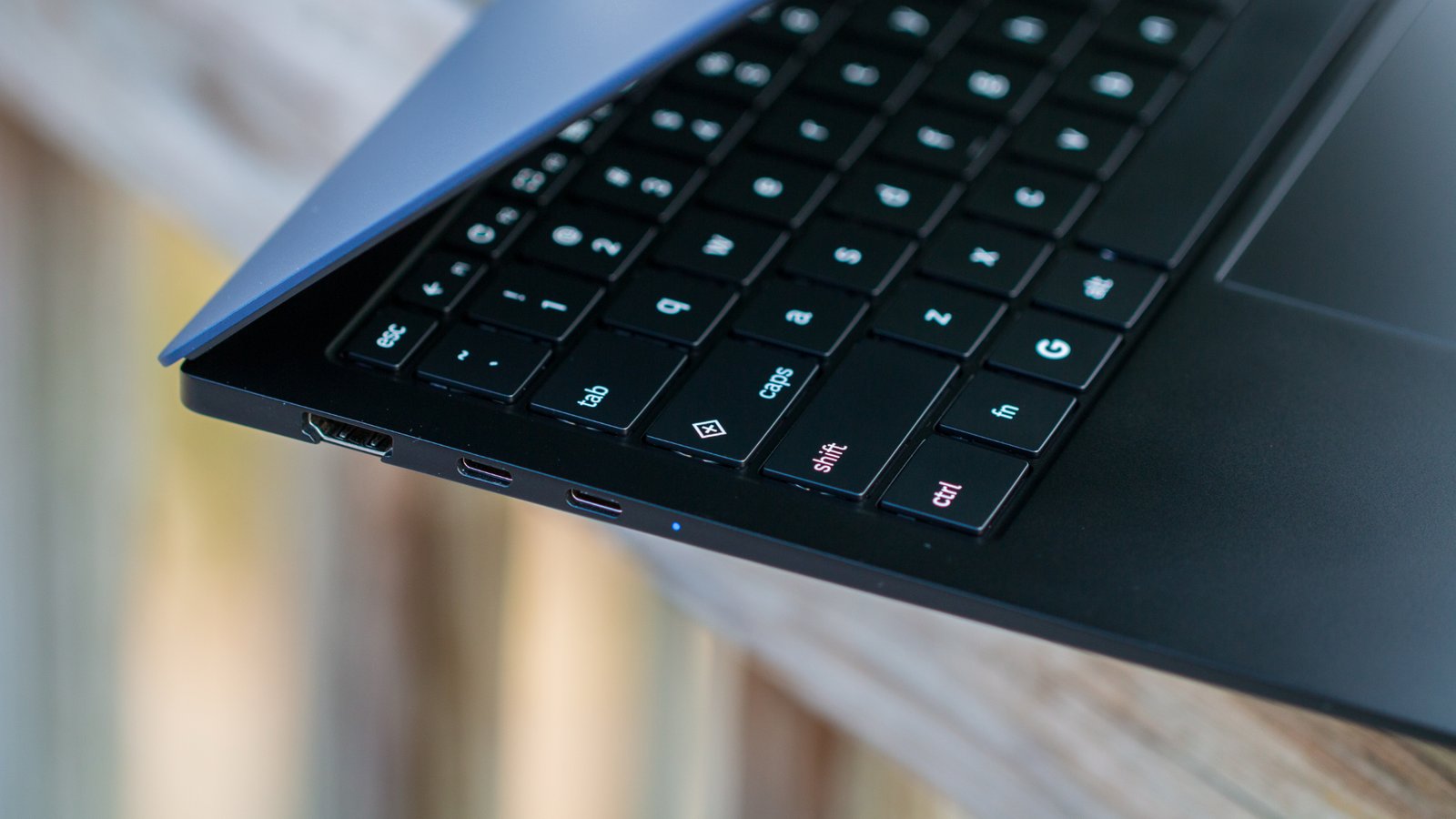Beyond the Alphabet

Beyond the Alphabet is a weekly column that focuses on the tech world both inside and out of the confines of Mountain View.
After Lenovo and Samsung debuted their latest Chromebooks last year, the expectation was for exciting new releases in 2025. However, three months into the year, not much has happened in the ChromeOS world.
While ChromeOS is receiving regular updates and there are some rumors floating around, no significant releases have taken place. Some devices like the Acer Chromebook Plus 515, the Chromebook Spin 312, and the Lenovo Chromebook Plus 2-in-1 have been updated, but new launches have been scarce.

Chrome Unboxed has reported on possible upcoming releases, such as a MediaTek-powered Lenovo Chromebook and a rumored ASUS Chromebook codenamed “Skywalker.” However, these devices have not yet materialized, leaving the ChromeOS market relatively quiet. The potential for exciting new devices remains, with rumors of high-end specs like a 16-inch 4K screen.
While the lack of new Chromebooks may not be detrimental, there is a sense of anticipation in the community. The existing top-tier devices like the Galaxy Chromebook Plus and Acer Chromebook Plus Spin 714 continue to hold their ground. And with a variety of options available at different price points, including the highly regarded Lenovo Chromebook Duet 11, the ChromeOS ecosystem remains robust.
But the lack of significant new releases since the introduction of the Galaxy Chromebook Plus and Duet 11 six months ago has left some enthusiasts feeling a bit underwhelmed. Most recent releases have been more about spec updates than groundbreaking innovations.
Why haven’t we seen many new Chromebooks?

The slower pace of new Chromebook releases can be attributed to various factors. One possible reason is Samsung’s re-entry into the Chromebook market, which may have impacted other manufacturers. The introduction of exclusive features like the Quick Insert Key in the Galaxy Chromebook Plus without wider adoption may have created some tension in the industry.
Additionally, the potential saturation of the Chromebook market could also explain the lack of new releases. ChromeOS devices may have already reached a level of performance that meets the needs of most users, with only incremental updates necessary.
While some enthusiasts may desire more innovation, the majority of consumers are likely satisfied with the current offerings. The possibility of a Pixel Laptop running on Android instead of ChromeOS adds another layer of uncertainty to the future of Chromebooks.

Is a Pixel Laptop coming?
Rumors of a “Pixel Laptop” running on Android have sparked speculation about Google’s future plans. While it’s unclear if such a device will actually materialize, Google’s recent efforts to enhance Android’s desktop mode and integrate features like a Linux terminal app on Pixel phones suggest a shift towards a more unified experience across devices.

